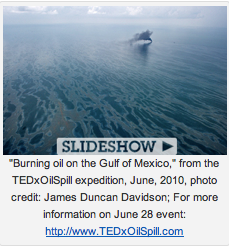We are flirting with 60 degrees. There are robins. The chill is gone from the wind. Our local groundhog, whose prediction came a day early this year—the zoo was closed on February 2—was right: early spring. Scratch that. Earliest spring.
Yes, it’s going to get cold again. Snow will fall. Water will freeze. But it won’t last. The earth is now tilted in our favor.



















